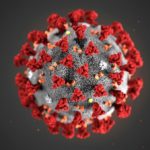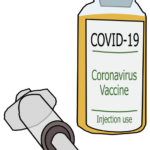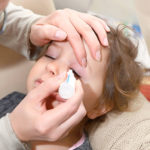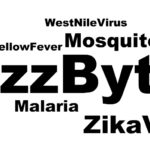Smokers Beware: New Study Supports Lung Screening
The good news is that cigarette smoking in the United States has decreased to 15-20% of the population from a high of over 50% in the 1970s. However, smoking continues to be a health threat not only for increased risk of cancer (lung cancer and other cancers including cancers of the lip, pharynx and oral cavity, esophagus, stomach, pancreas, larynx, cervix uteri (women), kidney and renal pelvis, bladder, liver, colon and rectum; and acute myeloid leukemia); but also increased risk for development of heart disease (high blood pressure, pulmonary embolism [PE], deep vein thrombosis [DVT], stroke, and peripheral vascular disease); chronic obstructive pulmonary disease (COPD); and other diseases such as type 2 diabetes, rheumatic arthritis, cataracts and macular degeneration.
To further our understanding of smoking related lung disease, a study recently published in the New England Journal of Medicine (NEJM May 12, 2016) found that 50% of so-called “healthy” smokers and ex-smokers (those with normal lung function by breathing tests) in fact have frequent lower tract respiratory exacerbation, activity limitations, and evidence of airways disease on lung CT. It is unclear if and when these individuals transition into conventionally defined COPD and how to treat these individuals.
At The Asthma Center, we screen all individuals who have a significant smoking history (greater than 20 pack year history smoking; 1 pack year = 1 pack/day x 1 year) by having them undergo a screening pulmonary function test (spirometry) and complete a simple, validated COPD Assessment Test (CAT) questionnaire. In the recently published study, such screenings can pick up those who are at greater risk of going onto to develop full blown COPD. Early intervention in this group may prevent progression of smoking related changes in the lungs.
If you are a current smoker and/or an ex-smoker, your risk for developing COPD and/or lung cancer are significant even if you have no symptoms. Even after smoking cessation, the risk for developing COPD and lung cancer remains although diminished compared to an active smoker. To understand your risk, it is worth getting these simple screenings– CAT questionnaire and lung spirometry– to identify whether you have smoking related lung disease in spite of not having chronic symptoms.
Recent
Popular





























